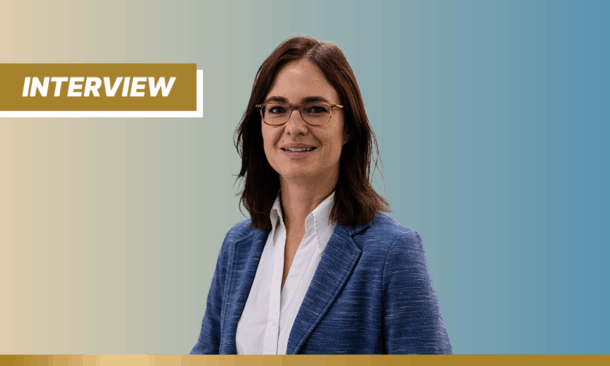A new biotech company in New York believes the brain could hold the key to treating autoimmune diseases. Nilo Therapeutics has launched with $101m in funding to explore how neural circuits might be used to restore balance to the immune system.
Rethinking the immune response
The human immune system is designed to protect us, but when it misfires, the results can be devastating. Conditions such as lupus, rheumatoid arthritis and Crohn’s disease all stem from the body attacking its own tissues. Current treatments often rely on suppressing immune activity, which can make people more vulnerable to infections.
Nilo’s scientists want to take a different route. They are studying how the brain communicates with the body’s defences, and whether tweaking those neural signals could bring the immune system back into line.
From lab discovery to startup
The idea stems from research by neuroscientist Charles Zuker at Columbia University, who discovered specific brain neurons that can dial inflammation up or down. Working with collaborators at Yale and Harvard, Zuker’s findings inspired the creation of Nilo. Their vision is to turn this growing body of neuro-immunology research into marketable medicines.
Newly appointed Dr Kim Seth, CEO, Nilo, brings experience from both large pharmaceutical companies and smaller startups. “It’s an honour to join the incredibly talented and committed team at Nilo,” he said, emphasising his hope that the company will “transform the treatment of autoimmune and inflammatory conditions”.
The company’s $101m Series A round was led by The Column Group, DCVC Bio and Lux Capital, with additional backing from the Gates Foundation and Alexandria Venture Investments.
Future outlook
For now, Nilo’s work remains in the lab, but the idea of using the brain to guide the immune system is gaining attention across research circles. It may be years before such treatments reach patients, but the concept itself reflects a broader shift in medicine – one that sees the body not as isolated systems, but as an intricate network, with the brain at the centre.









